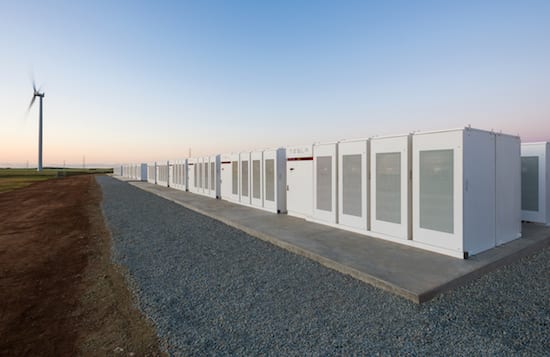wattmatters
Solar Wizard
Does anyone else record their outage stats? I have since our grid tied system went live with data Q4 in 2018.
Here's a summary of our outage data:
Here's a summary of our outage data:
Code:
OUTAGE STATS
TOTAL # OF OUTAGES 73
DAYS 1749
YEARS 4.8
PER YEAR 15.2
OUTAGE DURATION
Total 132:20
Annual avg 27:37
Average 1:48
Median 0:50
Longest 19:00
Shortest 0:05
Code:
OUTAGE FREQUENCY
Outage Start Time
00:00 - 06:00 14
06:00 - 12:00 25
12:00 - 18:00 22
18:00 - 24:00 12
Summer 28
Autumn 21
Winter 8
Spring 16
Solar Hours 08:00 - 16:00 37
Non Solar Hours 36
<1 hr 43
1-3 hrs 19
3-6 hrs 8
6-12 hrs 2
12-24 hrs 1
>24 hrs 0
Days since last outage 39
Code:
OUTAGE HOURS BY YEAR AND MONTH
2018 2019 2020 2021 2022 2023 | Total
Jan 0.00 2.25 0.00 0.08 0.42 | 2.75
Feb 0.00 20.00 5.75 0.08 0.00 | 25.83
Mar 0.08 0.00 0.00 2.08 0.67 | 2.83
Apr 0.00 2.33 0.75 1.17 11.67 | 15.92
May 0.08 0.00 0.00 8.33 0.00 | 8.42
Jun 0.00 0.00 4.92 5.92 0.92 | 11.75
Jul 0.00 0.00 0.00 0.00 5.67 | 5.67
Aug 2.17 0.00 0.00 0.00 0.00 | 2.17
Sep 0.58 2.50 1.25 0.33 0.00 | 4.67
Oct 4.42 0.00 1.75 0.00 | 6.17
Nov 1.00 2.92 3.58 0.00 0.00 | 7.50
Dec 33.50 1.75 3.33 0.00 0.08 | 38.67
--------------------------------------------------------------
Total 34.50 12.00 34.00 14.42 18.08 19.33 | 132.33


